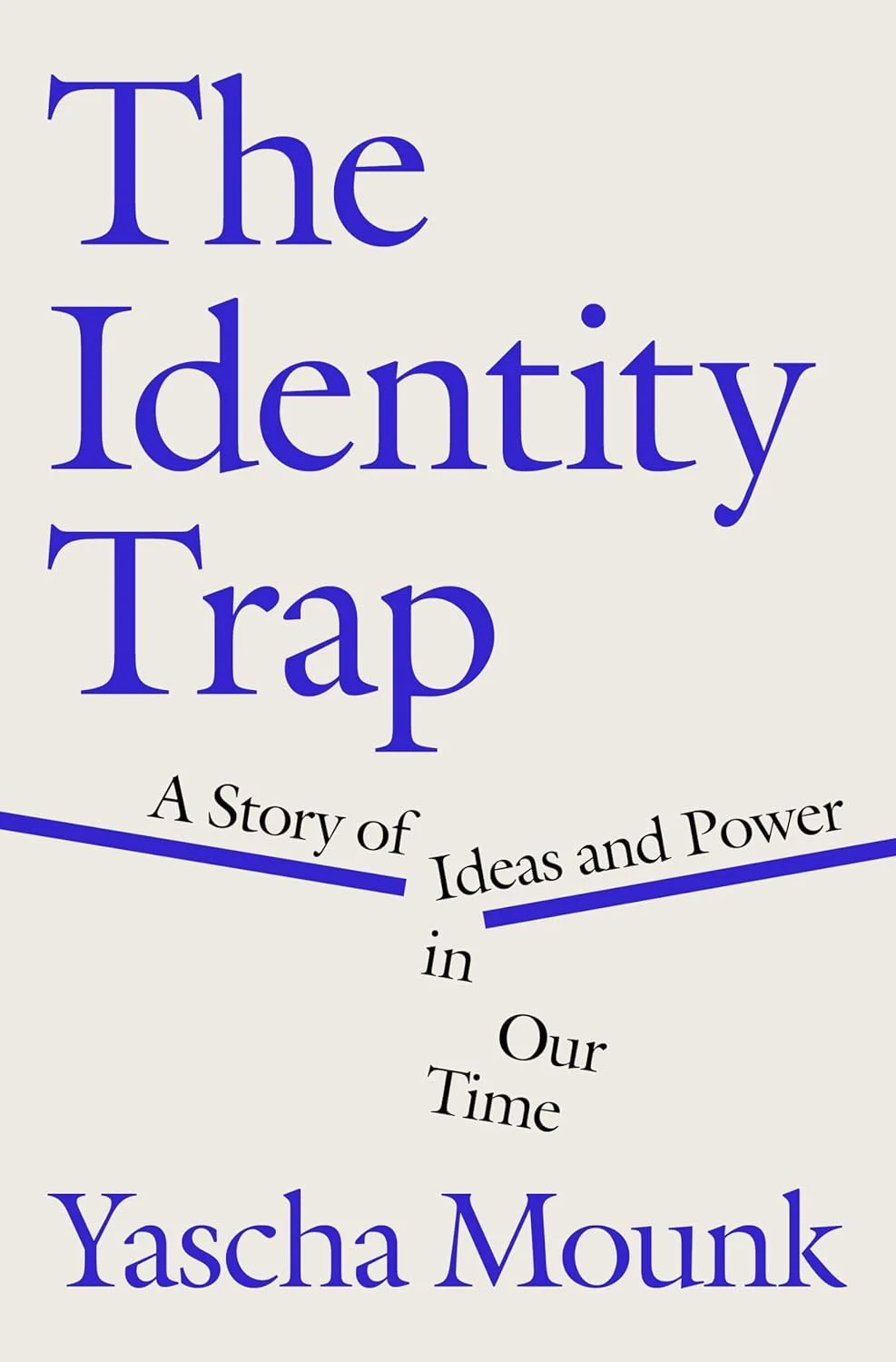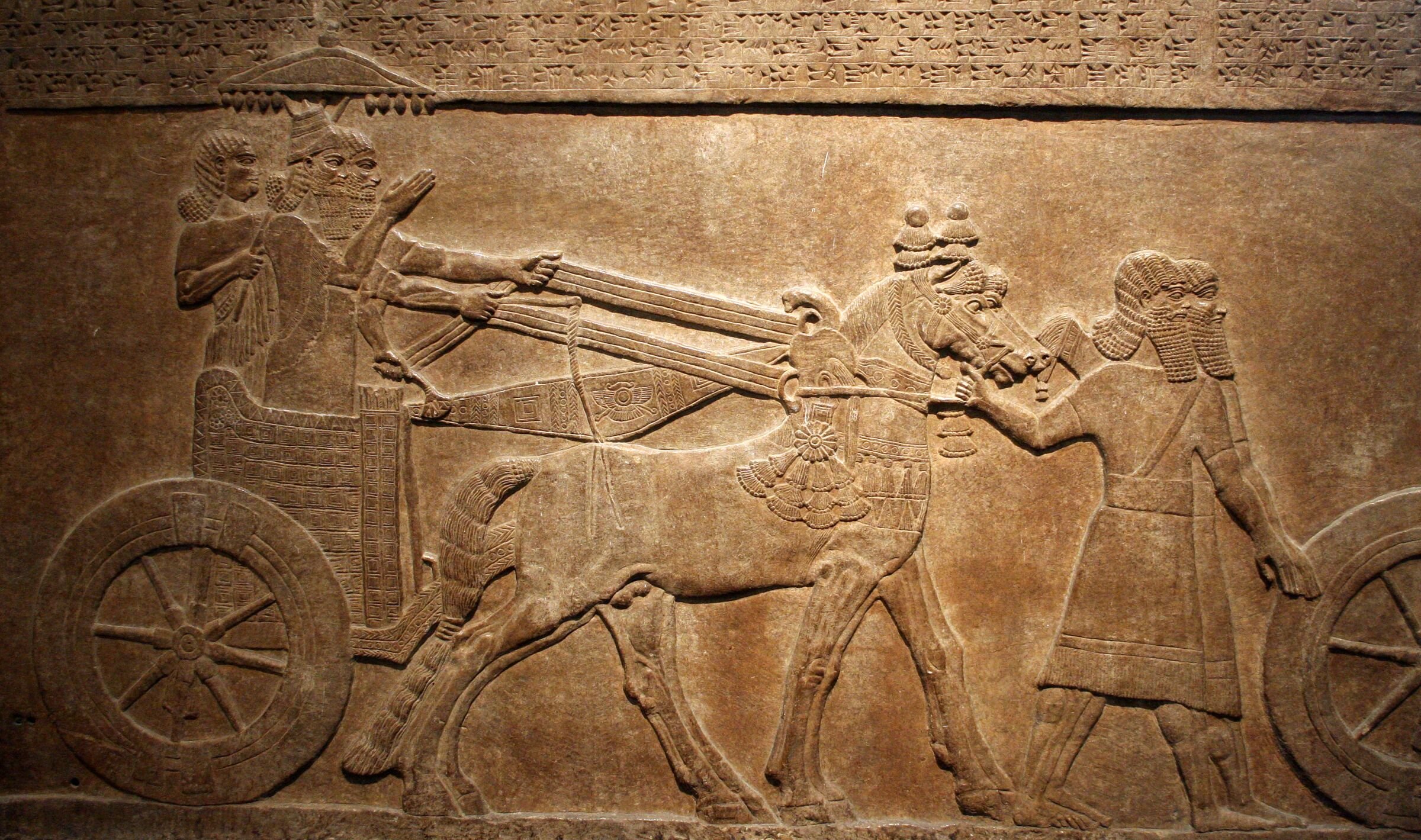Recent Posts:
Reading your Bible is a battle. There’s a reason why Paul lists Scripture as the sword of the Spirit in his discussion of the armor of God (Eph. 6:17). More even than that, Scripture reveals God’s character and is, thus, central to worshiping well (Psalm 119). That’s why reading the Bible is a battle.
God of All Things thus deepens our experience of the world as we study and live. Its short chapters and engaging prose are suitable for a wide audience. The many connections with real, physical object lessons have deepened my appreciation of God’s efforts to ensure that the message of his greatness is available for all.
As stories go, it’s reasonably entertaining. It’s no wonder this book is popular—it hits all the key notes of our zeitgeist. Climate anxiety, empowerment of children, wealthy people are evil, and wonder at the world.
Some links worth reading this week: 1. Philip Jenkins claims that empires influence religions; 2. Why we probably need less news; 3. Many elite college students have never read a book; 4. The value of the five-paragraph essay in an world with generative AI; 5. A podcast about youth sports, the family, and the future of the earth.
Full Circle reminds us of the continuity of human culture and that there is nothing new under the sun. As a result, it’s a helpful source for understanding the times so we can make the best use of our time in these evil days.
Some links worth reading this week: 1. The need for Protestant ethicists; 2. Is it ok to lie to "own the libs?"; 3. We need more historical nuance; 4. An account of rejecting personal autonomy; 5. An interview about metamodernism.
“Online church” is a temporary patch on a leaky roof. It can get someone through a rainy season, but it was never meant to last for decades. We should never try to argue that watching a livestream is a worthy substitute for church attendance. To do so is to reduce the church to something we subscribe to rather than a community we belong to.
Some links worth following this week: 1. Patrick Miller argues against school-provided screens; 2. Alan Jacobs thinks about the pursuit of the enchantment in the world; 3. Matthew Arbo makes a case for more Protestant theological ethicists; 4. An engaging discussion of Robert Caro's biography of Robert Moses; 5. Brett McCracken reviews a forthcoming documentary that riffs on Bowling Alone; 6. An interview with James Davison Hunter.
As we navigate thousands of decisions about consumer goods, entertainment, and even volunteer opportunities, we would all benefit from spending a bit more time to ask whether what we are considering fulfills the main purpose of life: to glorify God and enjoy him forever.
Here are a few links worth following this week: Brad Littlejohn writing on technology and society; my own article on the role of the local church in teaching epistemology; a tribute to a pastor who served the same congregation 61 years; Michael Kruger explains what we lose when we are no longer intellectually curious; Mary Harrington reflects on what "post-liberalism" most likely will look like.
Something has changed in the last decade or so. The change has been unthinkably rapid, incredibly widespread, and dangerously subversive. We've fallen into what Yascha Mounk calls "the identity trap."
Five links worth following this week: Two reviews of a new book by Richard and Christopher Hays. An Alan Jacobs review of two annotated Wind and the Willows. Gavin Ortlund talks about fundamentalism. A great gospel work going on in Philly.
Years after many of the Zeks––prisoners in the Soviet Union’s gulag system––had been released from their long captivity another round of arrests began. The standard sentence in Stalin’s purge of 1937 was 10 years for presumed political activity. Yet the system demanded so much more than that miserable internment. In 1949 the freed convicts, barely eking out existence as exiles in Siberia, were being absorbed into the Soviet bureaucratic machine once again. It had nothing to do with the people or their behavior, simply that they had once been convicted of political activity and had been born with a particular surname.
There are a host of hot takes coming out of the 2024 meeting of the Southern Baptist Convention in Indianapolis on June 11th and 12th. Many of them are helpful and many of them are not. Many of the interpretations of the meeting are stilted and simply dishonest. Some of them may reflect a real, but in my view excessive, angst about the decisions the messengers made.
The way we talk about humans also has moral implications, which are more significant than how we treat our pets. In his 2011 book, Less than Human: Why We Demean, Enslave, and Exterminate Others, David Livingstone Smith explores how language changes culture and leads to the justification of extreme violence against others, especially when they become perceived as less than human.
The hope of Christians for creation is not that we will be able to make things entirely correct through our efforts. Rather, we work with the knowledge that we have been given a ministry of reconciliation, which includes all of creation (cf., Col 1:20; 2 Cor 5:16–18). We work toward reconciliation in hope, but recognize that hope will not be fulfilled until Christ comes again. Creation exists in futility in the present age because of God’s curse on creation. (Gen 3:17–19) Our task is to till the ground in hope, making our living, (Gen 3:20) looking forward to the moment when God supernaturally sets everything right.
This transient event was a reminder that there is order in the universe. There is design. Care was taken by a mind to create something that is wonder-full. And, if we’re willing to take a little of our time, we’re likely to get a glimpse of the transcendent even in this world of banal imminence. These moments are gifts from God to draw us out of the ordinary into a sense of awe at his nature. That is something no human mind can deny.
Michael Rood of ‘Rood Awakening!’ ministries is careful to distance himself from Pharisaical traditions, but his teaching has more in common with the Judaizers Paul dealt harshly with throughout his life. His message is intended to lead them away from salvation.
For those who love reading and thinking about reading, this book is a delight. Perhaps it will not change the world, but it did enrich my soul.























There’s no reason to doubt that Jesus was nailed to the cross. Ultimately, I trust what Scripture says about Jesus’s crucifixion because I also trust what it says about his resurrection. And that’s what we should be celebrating this week.